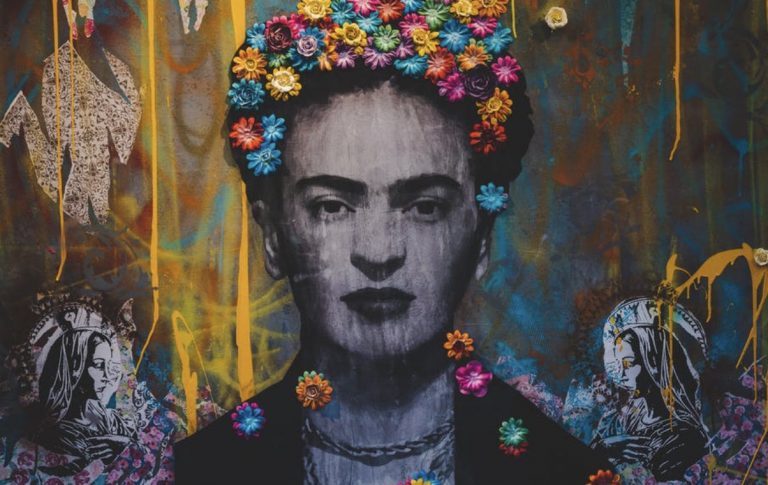Art has been an integral part of human existence for centuries, transcending cultures and generations. It serves as a powerful medium through which people express their thoughts, emotions, and experiences. This blog post explores four reasons why art holds a significant place in our lives.
Art as a Form of Expression
Art offers individuals a unique platform to express their thoughts and feelings. Through various mediums—be it painting, sculpture, or performance—artists can convey messages that resonate deeply with others. Whether it is iconic Australian Art or contemporary street murals, these creations often reflect societal issues, personal struggles, or cultural heritage. This ability to communicate complex emotions and narratives makes art a powerful tool for connection among diverse groups of people.
In a world where verbal communication can sometimes fall short, art provides a universal language. People from different backgrounds can engage with a piece of art, interpreting it through their own lenses. This shared experience fosters empathy, helping us understand perspectives outside our own. The emotional impact of art often lingers, prompting conversations and reflections long after the initial viewing.
Art as a Catalyst for Change
Art can challenge the status quo and inspire change. Throughout history, artists have used their work to address social injustices, political movements, and environmental issues. Art can provoke thought, stirring emotions that drive individuals to take action. From political cartoons that critique government policies to installations that highlight climate change, art plays a crucial role in raising awareness and motivating communities to work toward a common goal.
Public art installations, in particular, have gained popularity for their ability to engage audiences in dialogue. These works often invite community involvement, allowing people to contribute their thoughts and experiences. By transforming public spaces into platforms for artistic expression, communities can confront pressing issues and foster a sense of belonging.
Art and Personal Well-Being
Engaging with art has numerous benefits for mental health and overall well-being. Participating in artistic activities—such as painting, dancing, or playing an instrument—can serve as a therapeutic outlet, helping individuals cope with stress, anxiety, or trauma. Studies have shown that creative expression can lead to improved mood and cognitive function, providing a form of escape and self-discovery.
For many, creating art is a way to explore their identity and process their emotions. This exploration can lead to personal growth and greater self-awareness. Similarly, experiencing art—whether through visiting galleries, attending performances, or simply enjoying street art—can provide moments of joy and inspiration, enhancing one’s quality of life.
Art as a Reflection of Culture
Art serves as a mirror reflecting the values, beliefs, and traditions of different cultures. It captures the essence of a society, preserving its history for future generations. Through art, we can learn about the past, understand the influences that have shaped our present. This cultural heritage enriches our collective experience, allowing us to celebrate diversity and foster mutual respect.
As societies evolve, so does art. Contemporary works often blend traditional techniques with modern themes, showcasing the ongoing dialogue between past and present. This fusion honors cultural legacies and opens the door for innovation, allowing artists to push boundaries and explore new ideas.
Art is fundamental to the human experience, crucial for communication, social change, personal well-being, and cultural reflection. Its power to connect, inspire, and enrich lives is immense. By supporting the arts, we can create a more compassionate and creative society. As we navigate our world, let us remember art’s ability to transform lives and unite us.



0 Comments